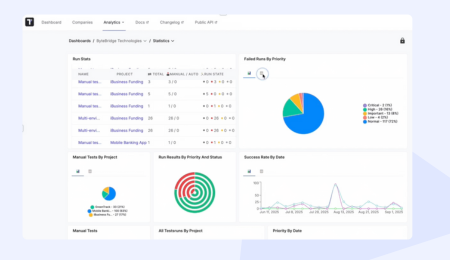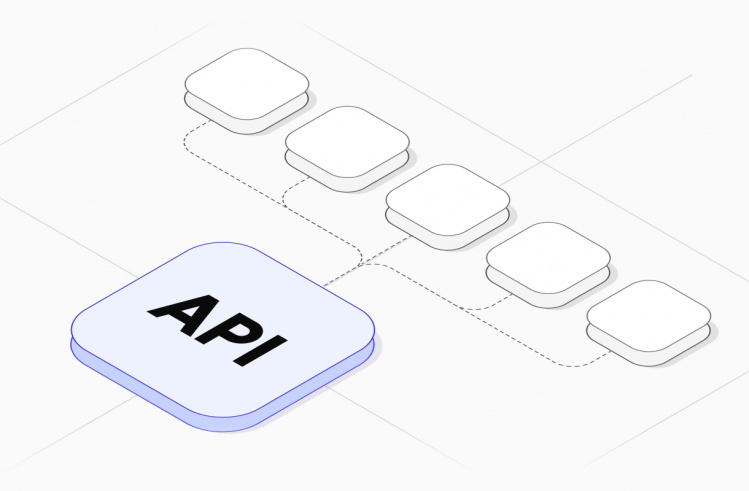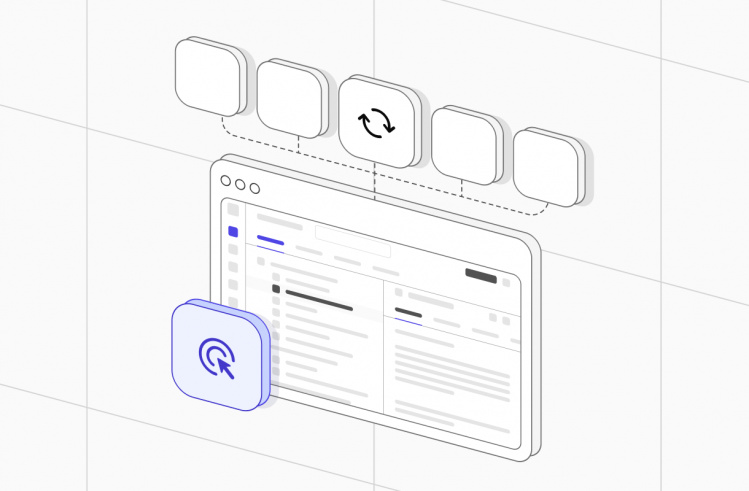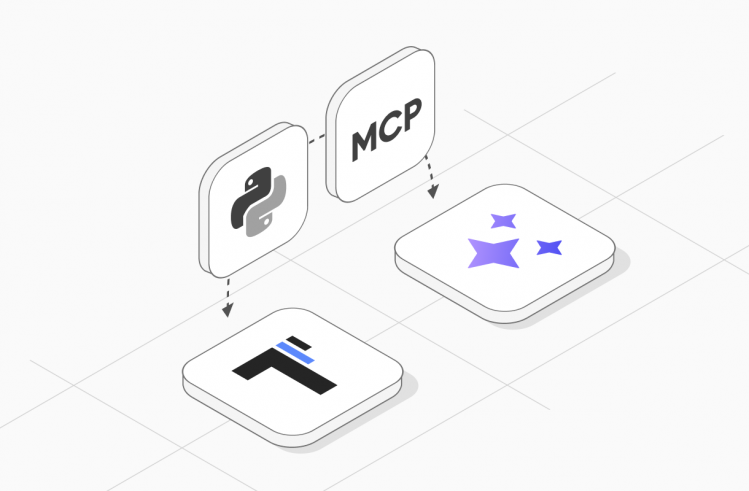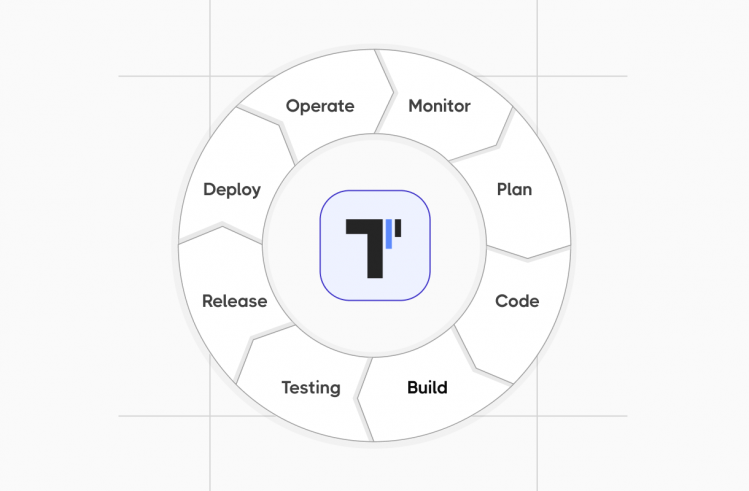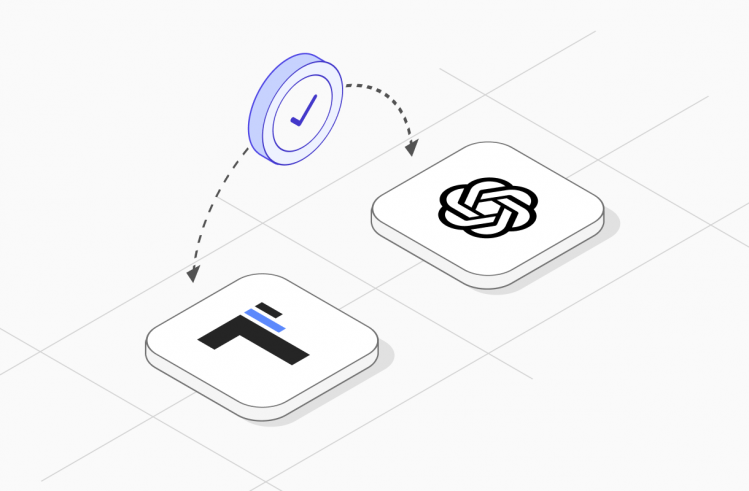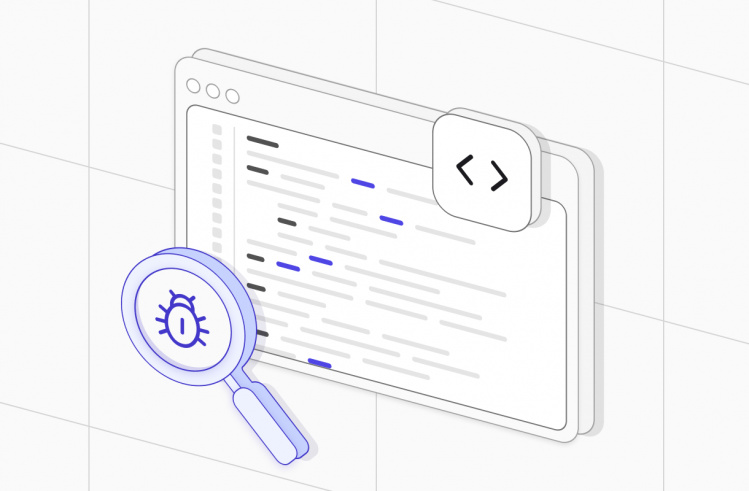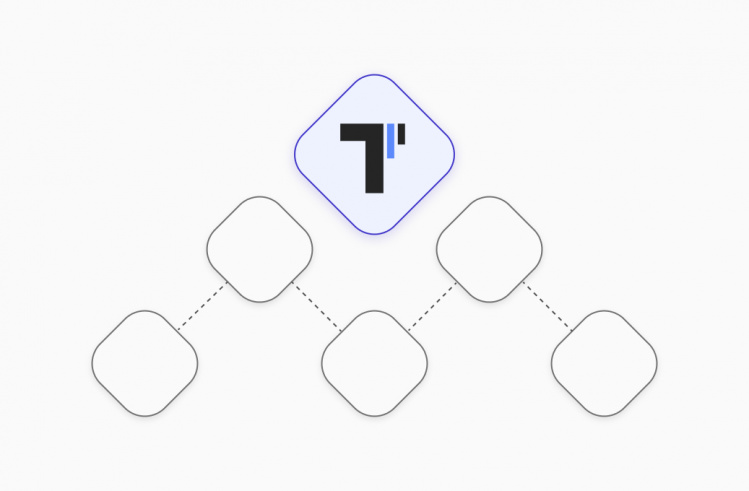The quality of a digital product must be maintained at every stage of its lifecycle. But sometimes, a company cannot do this on its own or does not have access to the necessary resources. Then it makes sense to delegate software testing tasks to outside specialists. This practice is prevalent in test automation since it helps get your in-house employees out of the manual testing routine. In this article, we will examine in detail: What is Testing as a Service(TaaS) and what are the benefits of this service model.
What does Testing as a Service mean?
This is a remote collaboration model in which certain testing processes and tasks are delegated to an outside expert or organization. Usually, the need for such services arises when the in-house team cannot meet all the business needs.
What are testing services in this context? As a rule, it implies the full or partial transfer of responsibilities to outside testers. Independent QA engineers as well as the domestic QA team interact with software development team at all stages, helping to identify technical bugs to help get the product to market faster.
Also, under the Testing as a Service(TaaS) model, it is possible to involve one or more experts in automated testing to advise full-time employees. There is another, no less convenient option: a comprehensive audit of existing testing processes in order to improve them in the future.
In any case, such cooperation is based on a contractual basis. The service provider uses its own test infrastructure and test automation capabilities. The independent testing model is suitable for short- and long-term partnerships, including multiple projects.
When it makes sense to use test automation as a service:
- Lack of expertise in automation testing (АТ). Sometimes a company simply does not have the knowledge and skills needed to perform the tasks at hand. This is the most common reason for outsourcing.
- The need to reduce testing time. When you need to create optimal conditions for fast development without compromising product quality, it is worth reconsidering the existing processes and implementing an automation approach. This is especially true for projects which require frequent code changes.
- The pursuit of cost savings. Startups and small companies may prioritize cost savings. Working on the TaaS model, they get a set of testing services at a lower cost than building their own infrastructure and hiring QA specialists on staff.
The automation as a service provider creates an automation strategy, provides a secure test environment, and offers proven testing tools. They track the progress of each project and report on the results. Automation software test engineers work together with the customer to help ensure the quality of the product at every stage of the software development life cycle (SDLC).
Test automation services open up new opportunities for the business side, both for improving existing processes and for building an automation testing strategy from scratch. All this through the support of testing industry experienced experts (or an entire team) and the implementation of effective modern technologies on flexible terms and in optimal timeframes.
😉 Let’s take a look at the five main benefits a business receives from cooperation on the independent Testing Service model ⏬
5 key benefits of automation as a service
-
Flexibility and scalability
Testing as a Service(TaaS) means that you can ask for help from experts at any time and choose the format you want. For example, if you have complicated issues in the field of test automation, you can involve QA Automation consulting services. If you don’t have the specific skills to solve problems, you can delegate some of the processes to outsource testing company.
In this way, you manage the scope of services according to the actual needs of the business and each project. This is especially important for Agile teams, where priorities are allocated from sprint to sprint depending on what will benefit the project the most.
-
Availability
Testing as a Service(TaaS) is suitable for any company, regardless of its scale or line of business. Test automation services cover all types of digital products.
What software can you test:
- desktop, mobile, and web applications;
- corporate solutions for managing internal processes (ERP, CRM, HR);
- сloud (SaaS), local(Desktop), and hybrid software products.
You can outsource industry-specific projects to test automation. For example, an application for e-commerce, web services for online training, or a customized business solution for individual purposes. In either case, the partner will provide the skills and technology relevant to their software testing requirements.
-
Speed
According to our observations, choosing automated testing over manual testing reduces product creation time by at least 30%. Technical defects are identified early, allowing you to make timely changes to the product and move faster towards the goal. Also, possible break it up into subprojects and outsource automation testing if it’s a large project.
Speed is also positively affected by the use of modern test automation tools. Testing Automation as a Service opens up round-the-clock access not only to talent but also to all necessary technological resources. For example, we offer a unique test management system cloud solution testomat.io to help speed up processes for identifying and fixing software bugs.
-
Cost cutting
You need the right infrastructure, testing tools, well-adjusted Agile testing processes, and key skills of experienced QA Engineers to create a workable product and bring it to market successfully. This means large initial investments: hiring and adapting software testing specialists, renting offices, and equipping workplaces.
With outsourcing or outstaffing testing services, businesses get everything they need, from expert support to a suite of testing tools. Test automation services synchronize people and the testing process. It’s your chance to save up to 50% project testing budget. And it won’t affect the quality of your digital product.
-
Complexity
By establishing a partnership with one software testing company, you can get a range of services, from a full testing audit to assistance in transitioning from manual to automated testing. This eliminates the routine tasks of creating particular test scripts and test frameworks from zero, tracking the progress of each test project, and reporting to your in-house IT team.
We take a comprehensive approach, too. Our services aim to make testing your product even faster, easier, and more efficient. We not only provide our own tool for managing automated test frameworks but also help you implement it in your processes and integrate it with your corporate solutions. Test management solution testomat.io expands your automation capabilities.
What types of test automation do we perform?
We will help you organize a transparent modern Agile workflow so that you can turn manual test cases(classic or BDD test cases) into automated ones with a few clicks. Implementing the test management tool will be your first step toward eliminating routine software testing. This test solution is universal because it supports different types of software testing.
Major types of tests:
- Modular testing. Tested: a code base divided into logical blocks. Purpose: to create a solid foundation for the future product and avoid code regression.
- Integration testing. Tested: group tests that integrate software modules. Goal: provide protection against failures and avoid the need to rework the code.
- Regression testing. Tested: functionality on services that change frequently, such as new software versions. Purpose of automated regression testing: to make sure that new changes made to the code have not compromised the functionality of the product.
- API testing. Tested: interaction of the program with other programs. Purpose: to prevent errors in the interconnection between system modules or between systems.
- Functional testing. Tested: the feasibility of function requirements. Purpose: to understand whether the software is capable of solving user tasks.
- GUI testing. Tested: the compliance of the existing GUI to the established standards and norms. Purpose: to find ways to improve the user interface.
- Performance testing, including stress testing and load testing. Tested: performance under conditions close to real. Purpose of automated performance testing: to detect code defects when the expected load and volume of data are applied to the software.
- Localization testing. Tested: the correctness of the product’s settings for the client’s country. Purpose: to avoid errors related to the adaptation of the product for different versions.
Performing some tests manually takes a lot of time. If you need speed while maintaining quality, automation is the best option. There are many software testing tools on the market for this purpose. Especially our software testing tool stands out among them because it implements an innovative “all-in-one” approach. This is just one of the reasons why we can be a reliable partner for you.
Recommend read to this subject:
Key features of a partnership with Testomatio
We work with all companies, regardless of size or industry, to help QA teams organize and track processes intelligently. The solution we are developing is designed for the needs of BA, Dev, QA, and non-technical professionals. This is how we bring all your employees into a single stream to maximize your efforts.
We work in three directions:
- Development of your own test management system with continuous improvement of functionality.
- Seamlessly implementing the system into your business and integrating it with all the solutions you are already using.
- Customization to your unique needs, up to creating a new custom tool that will be useful to you.
By moving in several directions, we can consider the needs of all our customers and refine the functionality accordingly. This makes testomat.io test management a solution with a decent user experience and proven efficiency.
Implementing test management gives you the opportunity to:
- Import autotests and integrate seamlessly with such test automation frameworks as CodeceptJS, Cypress.io, Playwright, Cucumber, TestCafe, and other frameworks.
- Synchronize automated and manual tests in a single space within classical and BDD projects.
- Track test execution in real-time via the analytics panel in a convenient visual format.
- Integrate with test environments, continuous testing tools, and bug tracking services.
- Improve productivity with a flexible and scalable testing strategy.
- Create reports based on Screenshots and Video Capturing, detailed analytics, and share them with stakeholders.
Thus, our testing services startup takes all processes related to test automation to a new level. For a manager, it is the first assistant in managing in-house employees and distributing tasks. For QA testers, it is a simple and convenient tool for planning and executing tests. For BA, it is a set of analytical capabilities for tracking projects and working with test data. At the same time, every non-technical specialist will be able to use it fully for actual tasks.
Do you want to expand your ability to perform classical and BDD tests? We combine your manual and automated processes and provide all the features and tools you need to manage them effectively.
We are ready to become for you not just a supplier of automation as a service, but a reliable partner, who is interested in your success as much as you are!
